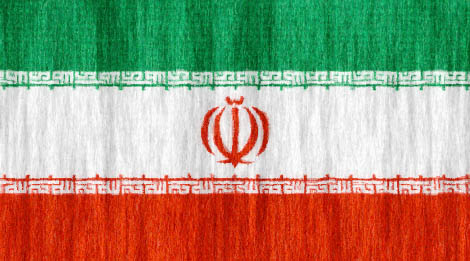World powers are expected to give Iran a rare break at a UN atomic agency meeting starting tomorrow, in order not to jeopardise diplomatic efforts with Tehran’s conciliatory-sounding new government.
But diplomats said that if there was no real progress by the next quarterly gathering in November of the International Atomic Energy Agency’s 35-nation board of governors, Iran would again feel the heat.
“Things have changed on the ground in Iran. We have a new government, a new president and there has been a change in tone from the Iranian government, which we recognise and welcome,” one senior Western envoy said.
“By November there will have been another round of negotiations with the IAEA, we may well have another round of E3+3 talks, and so we will see whether these words have been translated into anything more concrete.”
The quarterly meetings of the IAEA’s board usually see Iran taken to task over its nuclear programme, which many countries, not only in the West, suspect is aimed at getting atomic weapons, despite Iranian denials.
The agency’s latest regular report on Iran last month showed, yet again, that Tehran is defiantly expanding its activities despite a string of UN Security Council and IAEA board resolutions demanding a suspension.
Several rounds of UN sanctions, supported not only by the West but also by Russia and China and others, have been imposed on Iran. Additional EU and US restrictions last year began targeting its oil sector and banks.
The US and Israel, the Middle East’s sole if undeclared country with nuclear weapons, have refused to rule out bombing the country.
Numerous diplomatic initiatives over the past decade, including the last meeting between Iran and the six permanent members of the UN Security Council and Germany (the P5+1 or E3+3) in Kazakhstan in April, have failed.
The election in June of Hassan Rohani, a former nuclear negotiator, as Iran’s new president to replace the more hardline Mahmoud Ahmadinejad has however created some hope.
At his first press conference in August, Rohani urged “serious” talks, and has handed responsibility for nuclear talks to the foreign ministry under the US-educated moderate Mohamed Javad Zarif.
Zarif said on Friday after a phone call with EU foreign policy chief Catherine Ashton, the P5+1 lead negotiator, that Tehran wanted to “remove any ambiguity” about its nuclear work. The two will meet during the UN General Assembly later this month.
“It is in the interests of all sides to seize this opportunity created by the election (of Rohani),” said Kelsey Davenport and Daryl Kimball from the Arms Control Association.
They added however that “both sides must show more flexibility and pragmatism,” while calling on Washington to refrain from passing further sanctions before negotiations with Iran resume.

